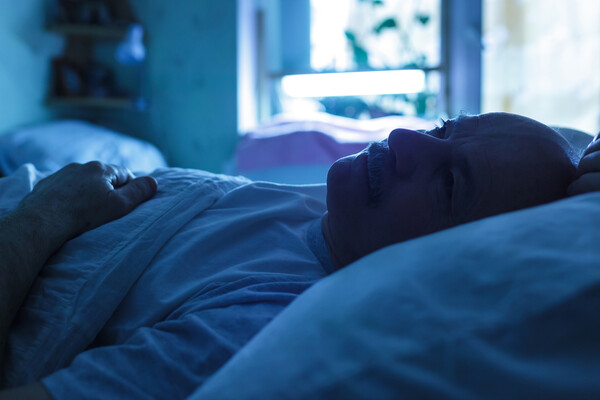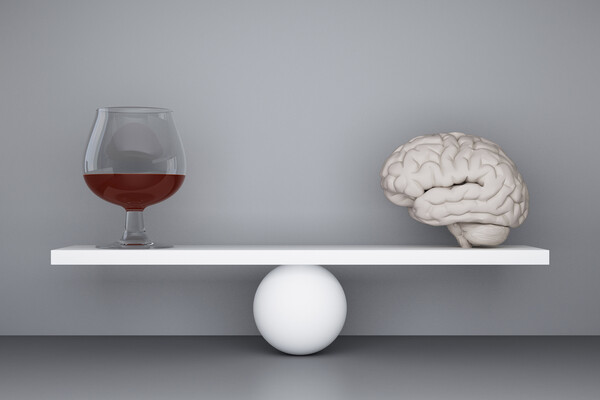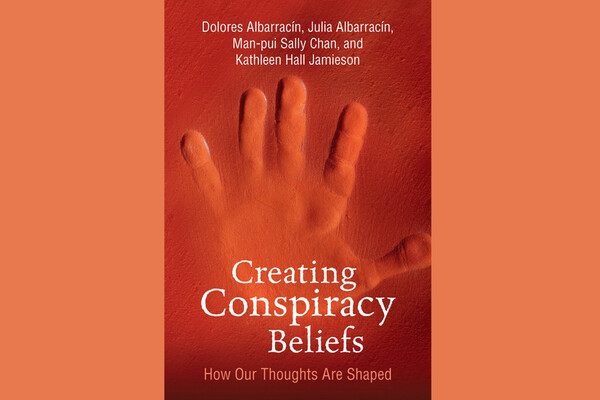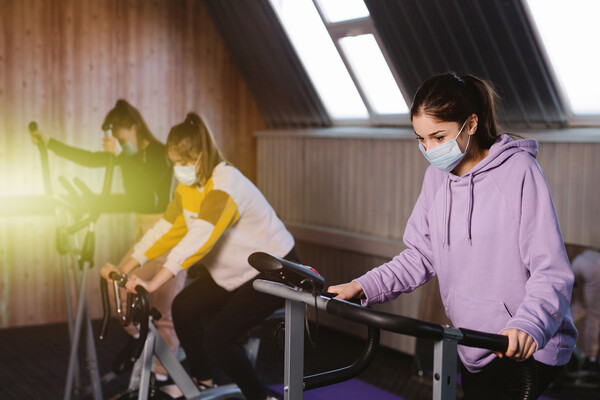4/16
Behavioral Health
What can browser history inadvertently reveal about a person’s health?
The Penn-CMU Digital Health Privacy Initiative is trying to answer that question by mapping third-party tracking across the online health ecosystem. Their work shows possible implications for ad targeting, credit scores, insurance coverage, and more.
Social connections influence brain structure of rhesus macaques
Researchers from Penn, Inserm, and elsewhere observed that the number of grooming partners an individual animal had predicted the size of brain areas associated with social decision-making and empathy.
Inflammation is not always linked to depression
A new Penn Medicine study finds that late-life depression is not linked to inflammation when other inflammatory conditions are excluded, but that depression occurs independently of inflammation.
New COVID-19 roadmap: Four takeaways
A report spearheaded by PIK Professor Ezekiel Emanuel, with input from other Penn experts, lays out a dozen priorities for the federal government to tackle in the next 12 months. The aim: to help guide the U.S. to the pandemic’s “next normal.”
How first responders and other parents can protect their children from trauma
While first responders try their best to shield their families from the emotional weight of their work, their children may take notice. First Responder Treatment Services at Penn Medicine Princeton House Behavioral Health offers ways to help.
One drink a day linked with reduced brain size
The Penn-led research, using a dataset of more than 36,000 adults, revealed that going from one to two drinks a day was associated with changes in the brain equivalent to aging two years. Heavier drinking was linked with an even greater toll.
Perceptions shaped social behavior during the pandemic
Research from Penn psychologists found that Americans who most feared losing their connections continued interacting with others, paradoxically acting in ways that risked prolonging disease-mitigating social restrictions.
Why are alcohol- and drug-related deaths rising in the U.S. and not elsewhere?
With insights from anthropology and neuroscience, Penn researchers Michael Platt and Peter Sterling find that, in comparison, 16 other wealthy nations offer communal assistance at every life stage, support that protects individuals and families long term.
A novel theory on how conspiracy theories take shape
In a new book, Dolores Albarracín, Kathleen Hall Jamieson, and colleagues show that two factors—the conservative media and societal fear and anxiety—have driven recent widespread conspiracies, from Pizzagate to those around COVID-19 vaccines.
A Wharton study on the best ways to boost workout habits
New research from Wharton professors Katy Milkman, Angela Duckworth, and co-authors on how to effectively nudge people to show up at the gym.
In the News
Many parents give their children melatonin at night. Here’s why you may not want to
Ilene Rosen of the Perelman School of Medicine supports practicing proven-bedtime-routine behaviors and avoiding bright lights and electronics in the bedroom to encourage the body’s natural production of melatonin.
FULL STORY →
Why are older Americans drinking so much?
David Oslin of the Perelman School of Medicine says that alcohol use can have much more disastrous consequences for older adults, whose bodies cannot process it as quickly.
FULL STORY →
Best CPAP alternatives
Richard Schwab of the Perelman School of Medicine says that obstructive sleep apnea causes breathing to pause during sleep when something like the tongue or relaxed throat muscles blocks the airway.
FULL STORY →
This day of silence brings a fresh start for Bali’s new year
Mathias Basner of the Perelman School of Medicine says that human bodies interpret noise as a stressor, which can initiate increased levels of stress hormones like cortisol and adrenaline in the blood.
FULL STORY →
Struggling to keep your New Year’s resolutions? Here’s how to keep yourself on track
According to a 2012 study conducted by the Perelman School of Medicine, 65% of dieters return to their pre-diet weight within three years and only 5% of people who lose weight on a restrictive diet, such as liquid or no-carb, manage to keep the weight off.
FULL STORY →
Many believe suicide rates increase in December. Research shows it’s the opposite. Here’s why
A study conducted by the Annenberg Public Policy Center found that the winter holiday months typically have lower daily suicide rates than the rest of the year, with December showing the lowest incidences of suicides of the year.
FULL STORY →













